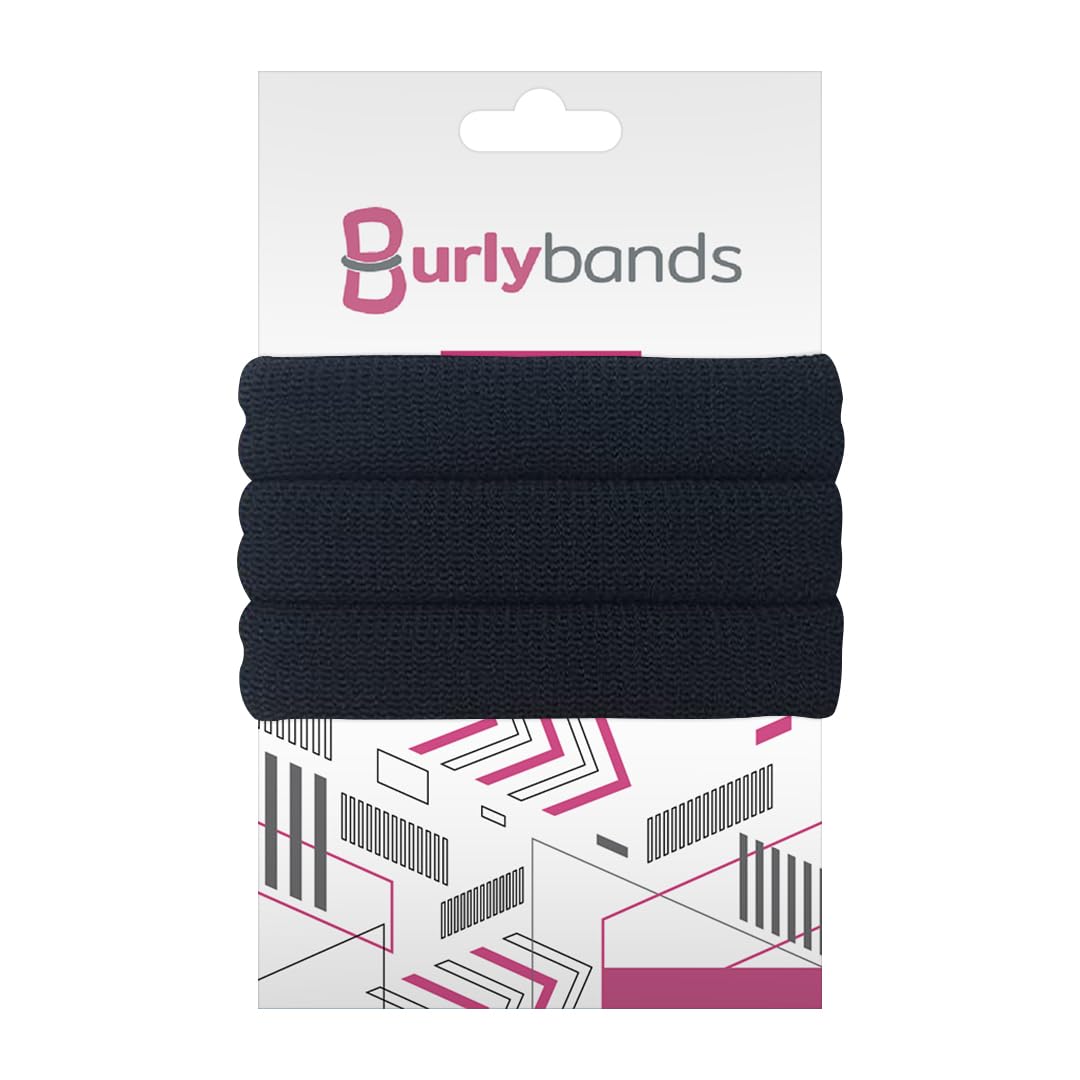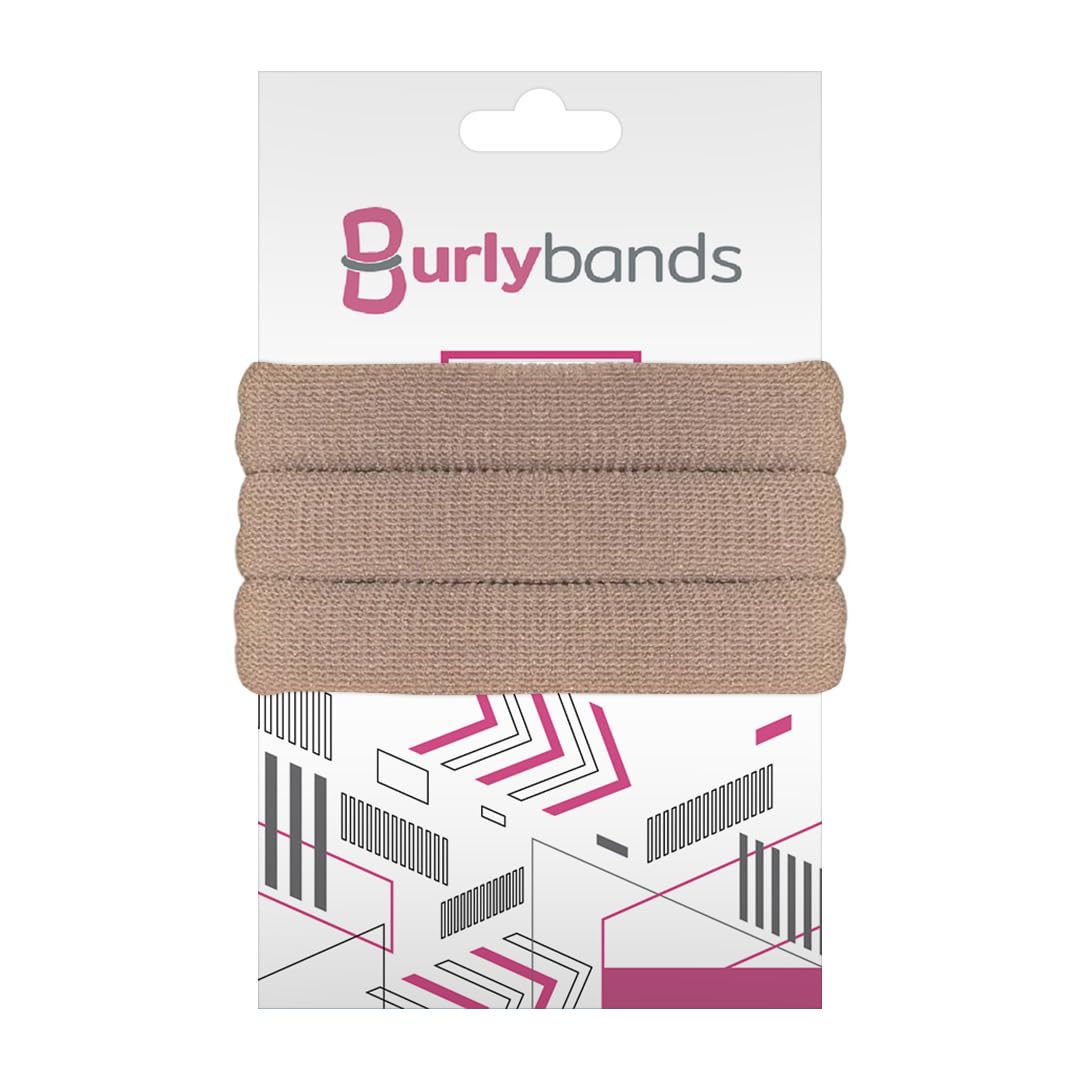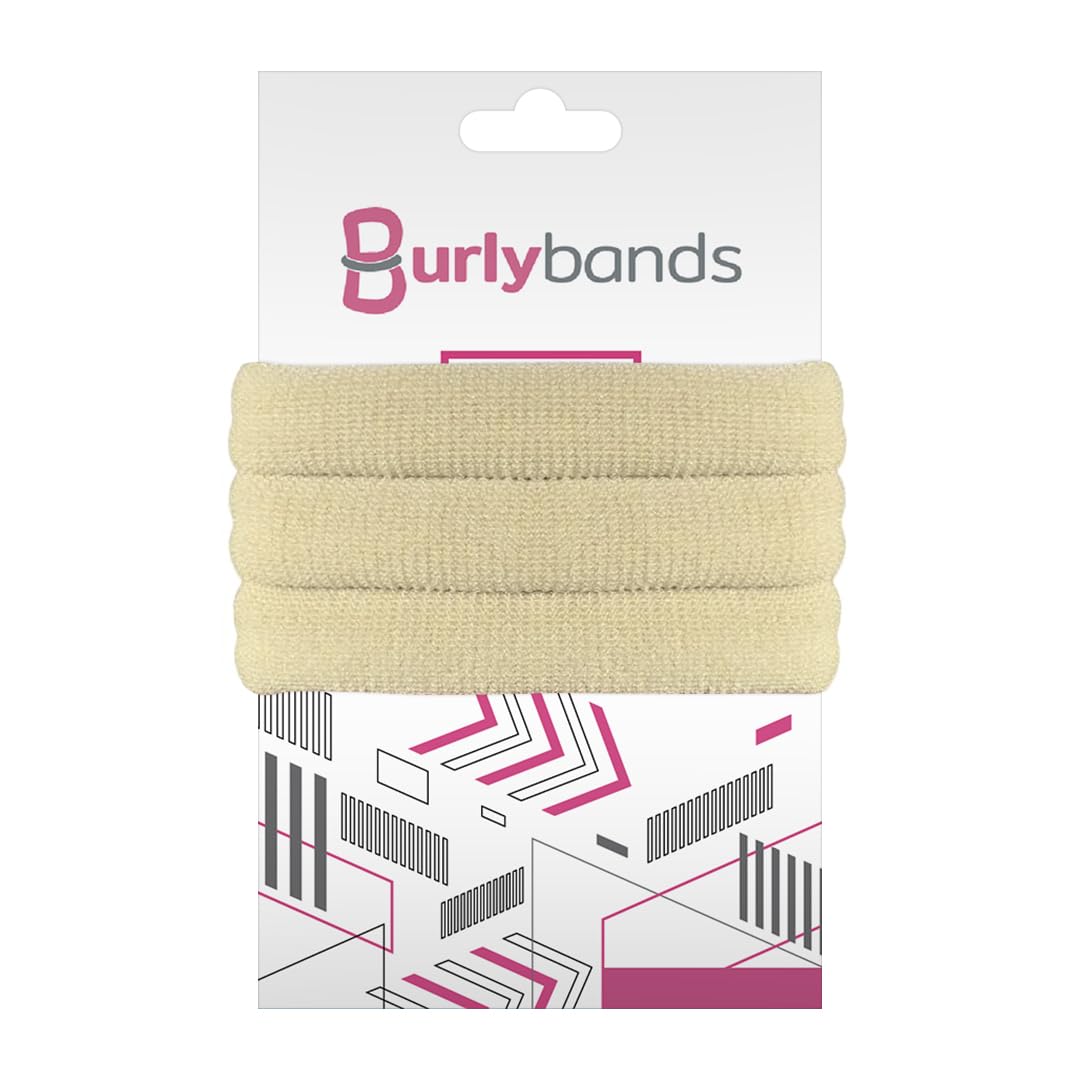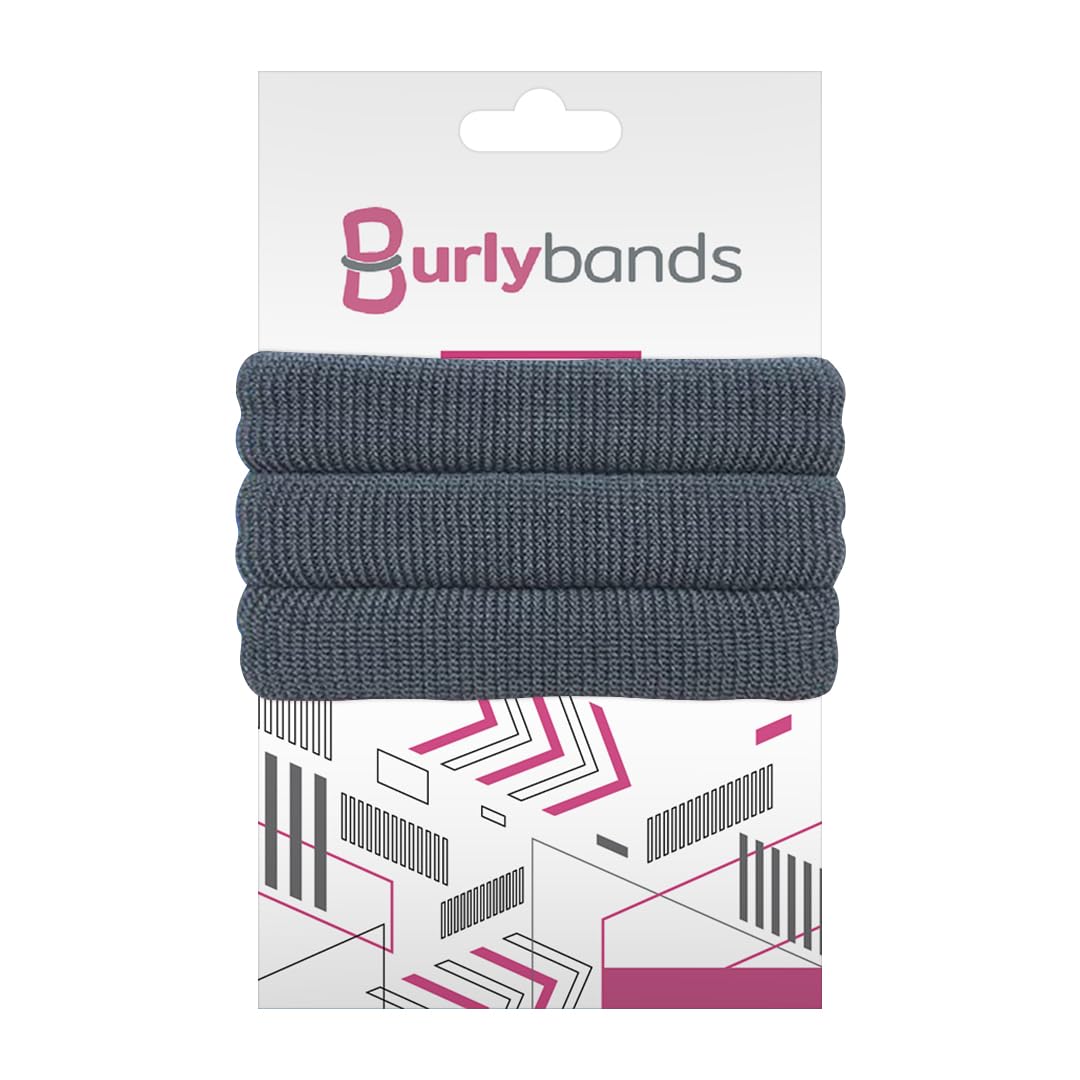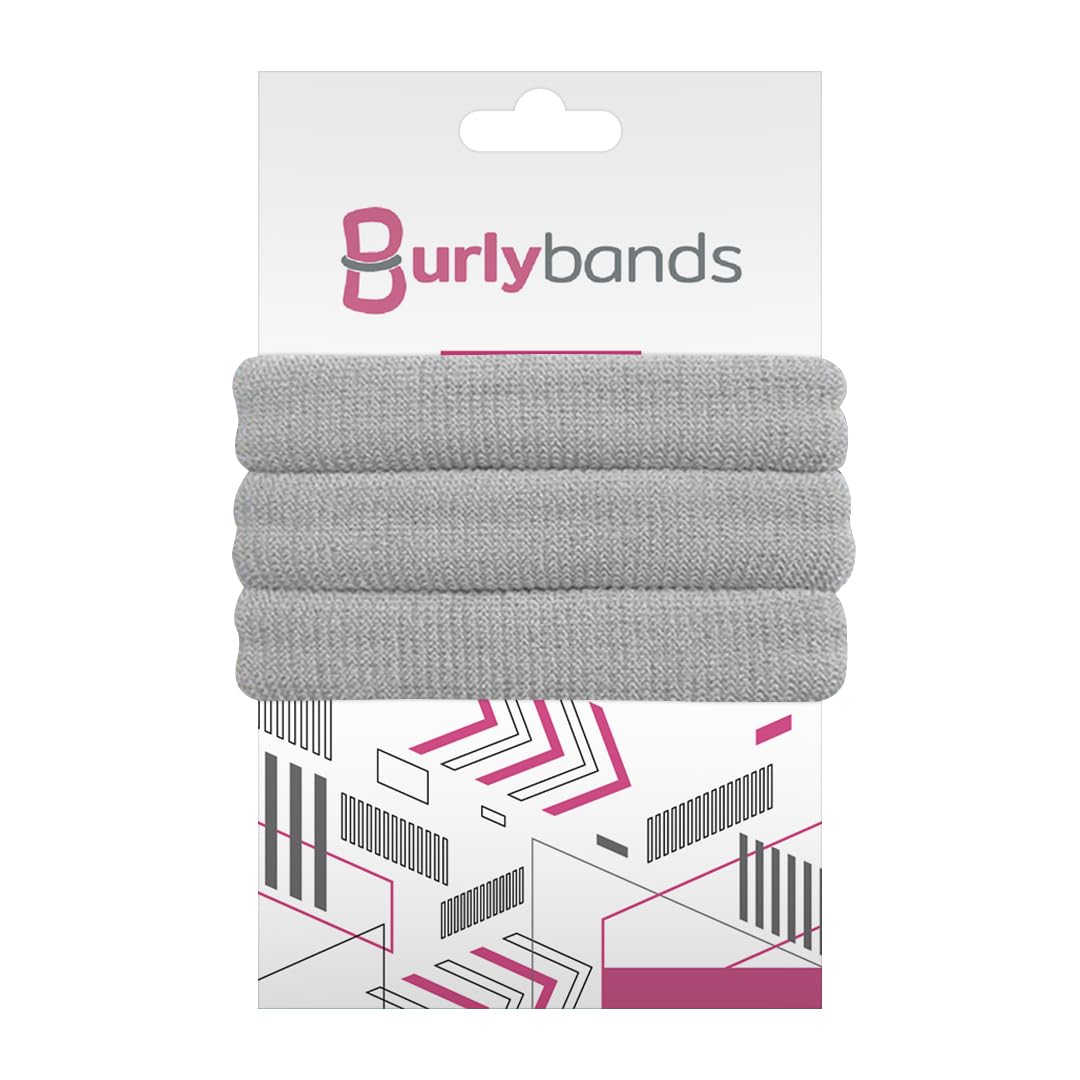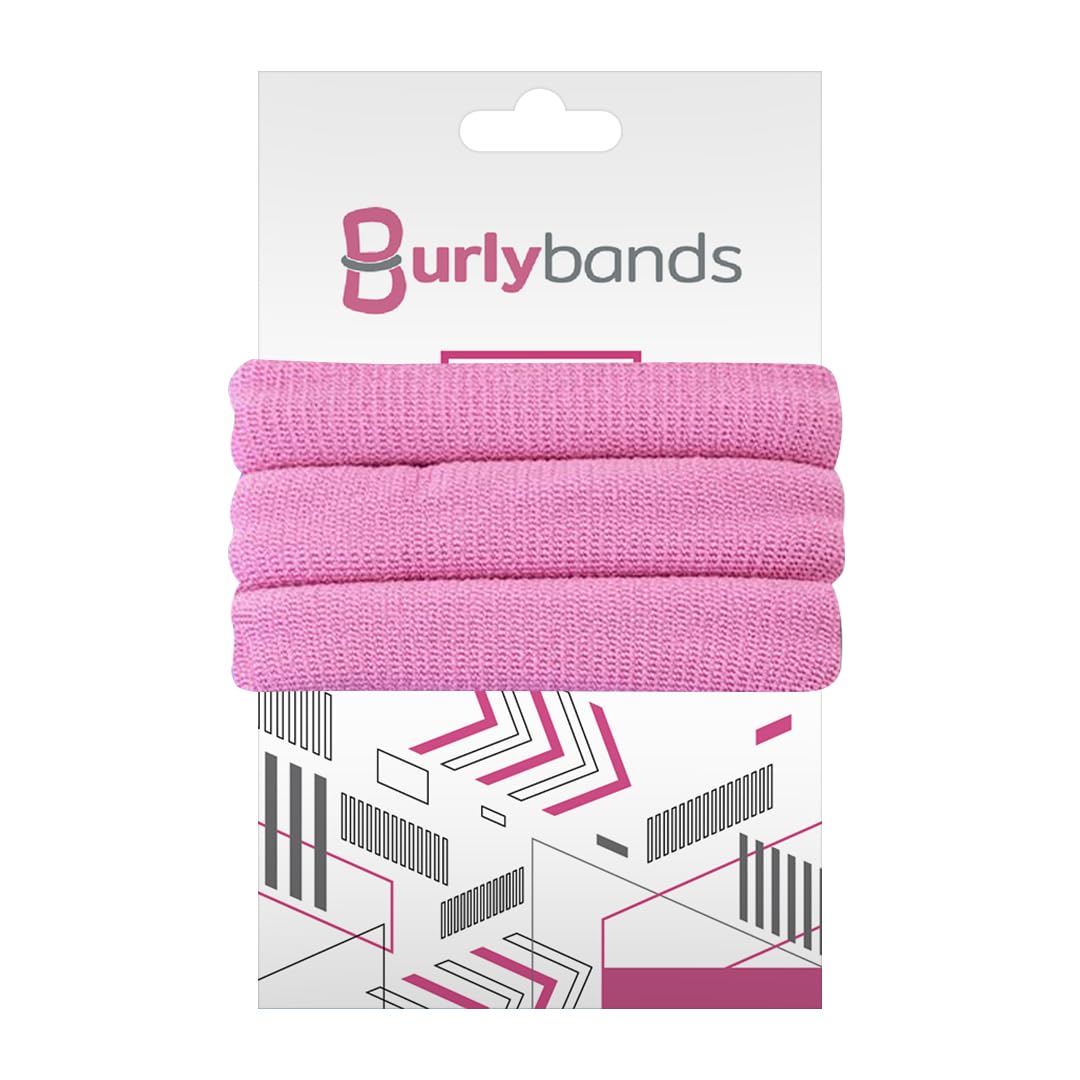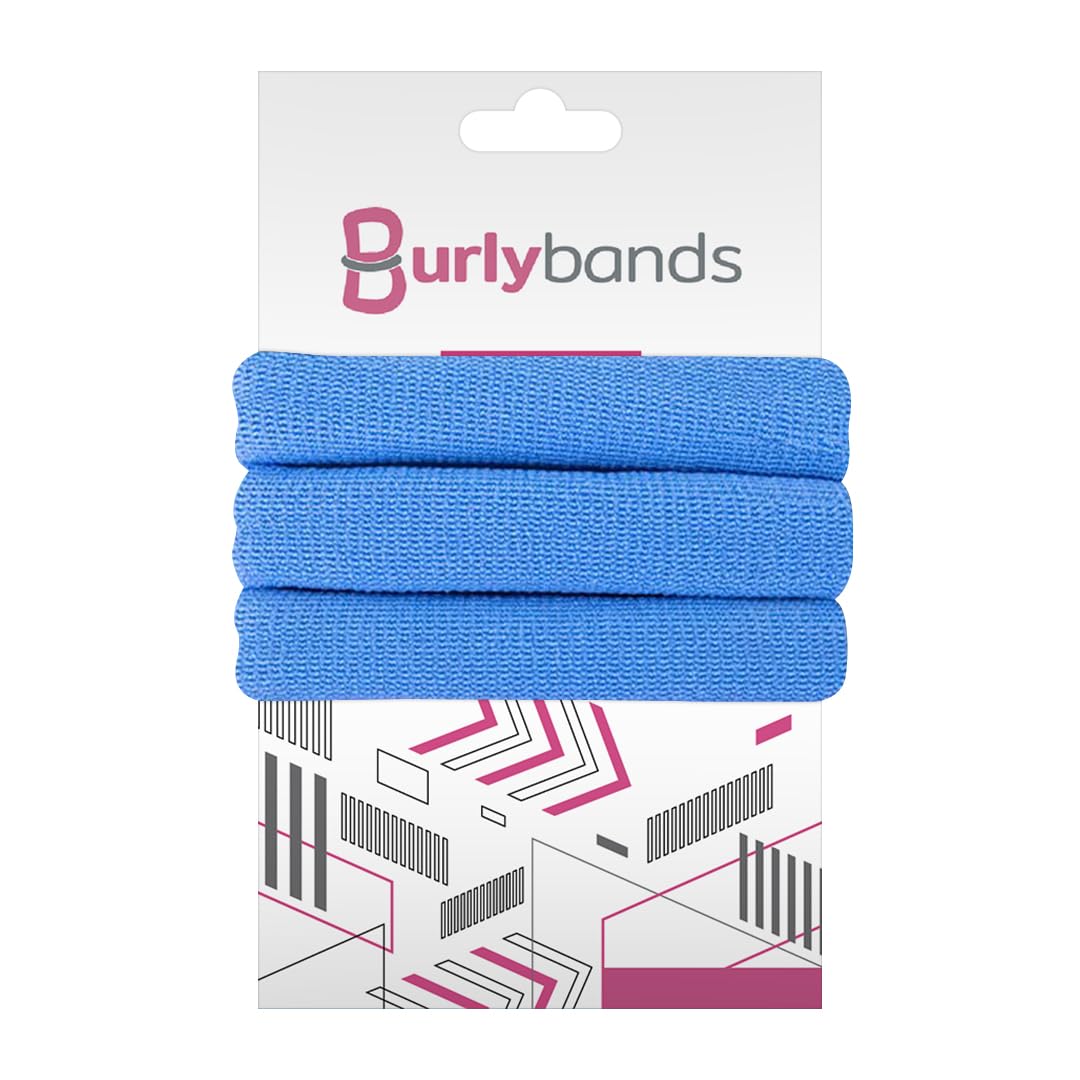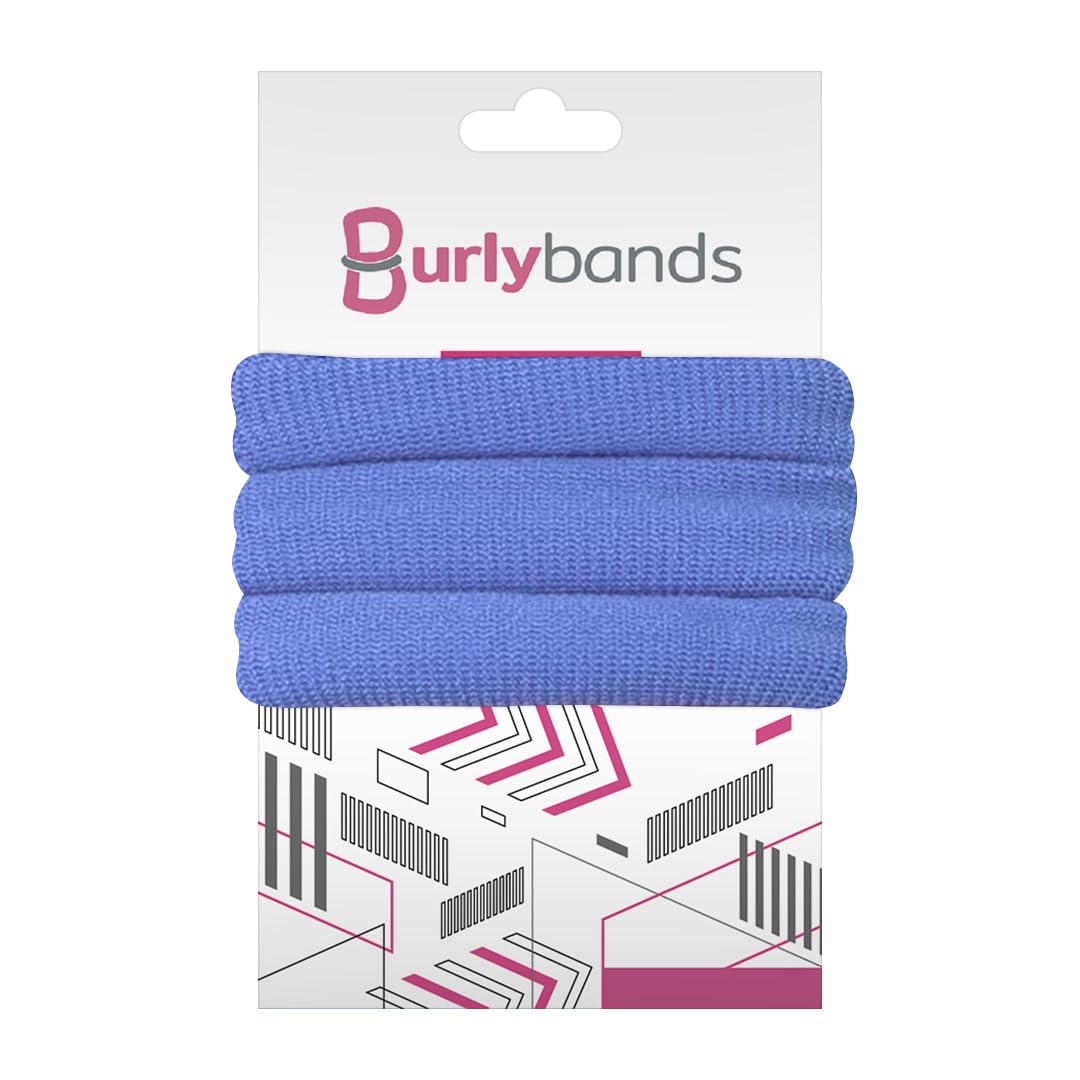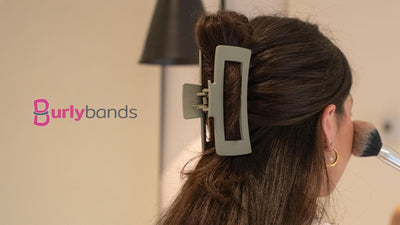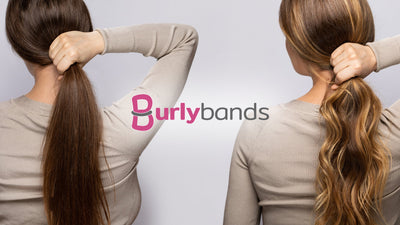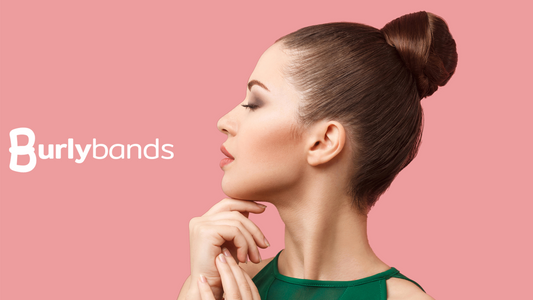Hair masks are like moisturizers but for our hair. Continue reading to find out how to use one.
What Is a Hair Mask?
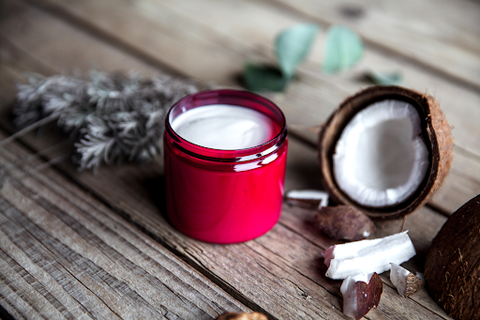
Credit: Envato Elements/ serbogachuk
A hair mask is basically a restoring treatment that gives your hair the extra boost it needs. They're sometimes called intensive hair conditioners or deep conditioning treatments. Unlike regular conditioners, these are applied to your hair for a longer time (anywhere from 30 minutes to several hours) and usually contain more concentrated ingredients.
How Do You Select the Best Hair Mask for Your Particular Hair Type?
Here's how to pick the best hair mask for your hair type:
1) Fine and Thin Hair

Credit: Envato Elements/ shotprime
Use lightweight, hydrating hair masks to prevent weighing down your fine or thin hair. Avoid rich or thick masks. Go for ingredients like jojoba oil, coconut oil, or almond oil.
2) Dry and Damaged Hair
Do you have brittle, frizzy hair? Your hair is probably dry, damaged, or both and needs intense, deep hydration. Go for an overnight treatment mask.
3) Thick and Curly Hair

Credit: Envato Elements/ MgrSanko
For thick, coarse, or curly hair, you'll need a mask with real impact. Go for ingredients like coconut oil, almond oil, shea butter, and avocado.
4) Oily Hair
If your scalp or hair is oily, your hair won't need as much hydration. Go for hair masks that have antioxidants and vitamins.
5) Color-Treated Hair

Credit: Envato Elements/ ShannonFieldsPhoto
Color-treated hair typically lacks moisture and needs special care. A hydrating hair mask that prevents color fading will do wonders for you.
How to Use a Hair Mask
Here's how to use a hair mask:
1) Prep Your Hair

Credit: Envato Elements/ Micens
Wash your hair with a gentle shampoo and conditioner. Wipe it dry with a cotton t-shirt or a microfiber towel. If you're using an oilier hair mask, make sure that your hair is completely dry.
2) Part Your Hair
Part your towel-dried hair into four sections. Secure the sections with hair clips.
3) Apply the Hair Mask

Credit: Envato Elements/ AtlasComposer
Apply a small amount (around the size of a quarter) of the mask between your mid-lengths and ends. If this isn't enough to coat all of your strands, add a little more.
4) Wrap Your Hair
Wrap your head in a hot towel, shower cap, or T-shirt. The heat will help the product penetrate into your strands.
5) Wait

Credit: Envato Elements/ vadymvdrobot
Check the product label for instructions on how long to leave the product. Most hair masks need to sit on the hair for 20 to 30 minutes. If you prepared your own mask, double-check the recipe because some ingredients work best when used for several hours or more.
6) Rinse Well
Rinse the mask away with cold water. Style, blow-dry, or towel-dry your hair as usual after rinsing. At this point, your hair should feel hydrated, soft, and healthy.
Benefits of Using Hair Masks

Credit: Envato Elements/ gpointstudio
- It makes the hair smooth and shiny.
- It hydrates your hair.
- It prevents breakage.
- Your hair will be bouncy and frizz-free.
- It keeps your scalp in perfect condition.
- It makes your hair stronger.
How Often Should You Use a Hair Mask?

Credit: Envato Elements/ elenakaretnikova2022
The general advice is twice a week. If your hair still feels dry even after using it twice a week, you can use it three or four times a week. Don't go overboard or your hair will become greasy.
Summary
Hair masks are like superhero products that can revive your locks. They are especially beneficial for hair that is frizzy, dry, or damaged. If you've never used one before, make sure you're doing it right by following the steps above.
 Log in
Log in


